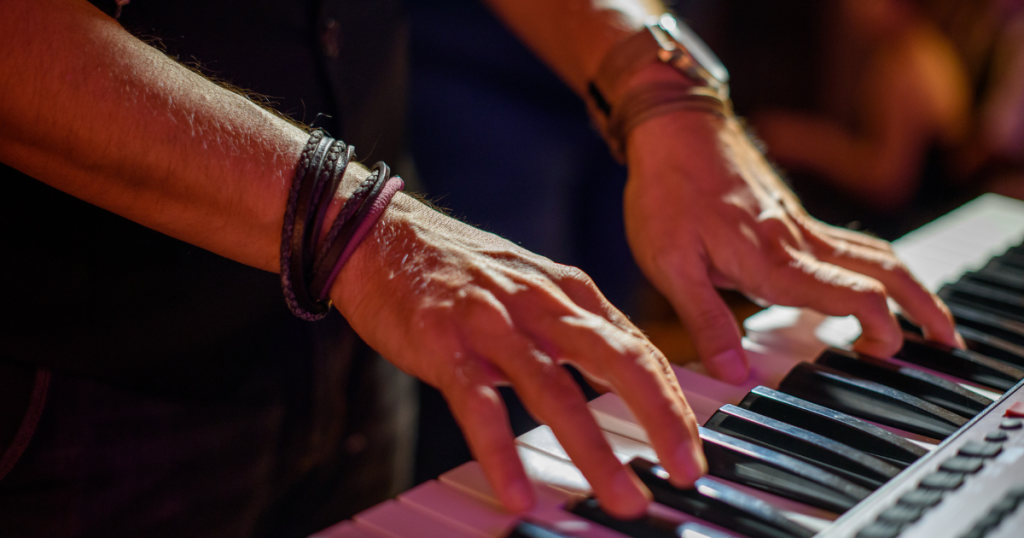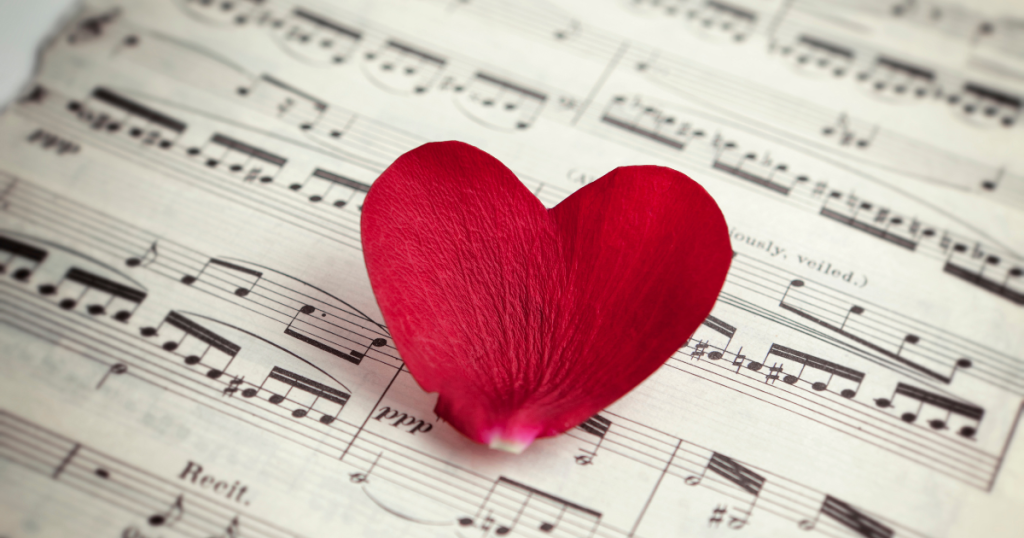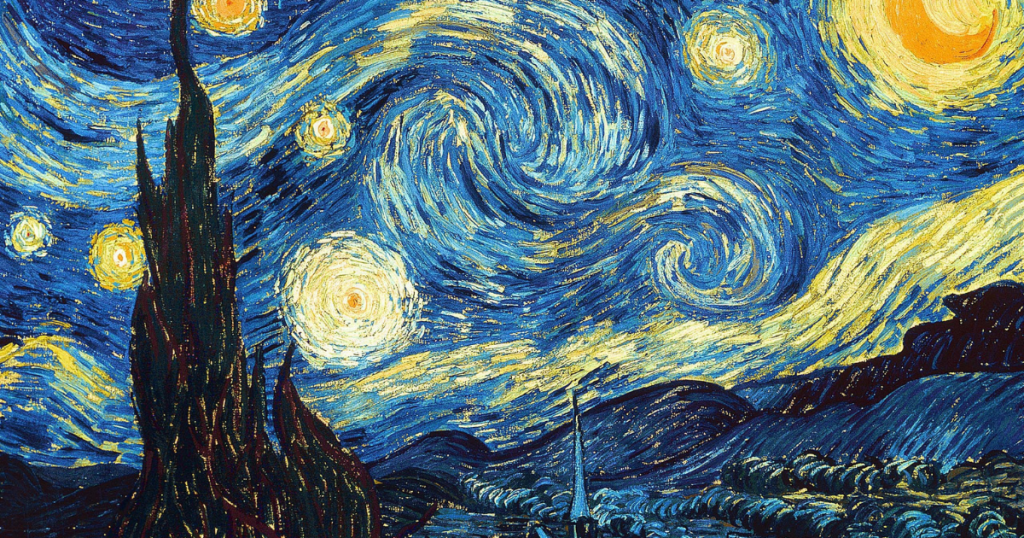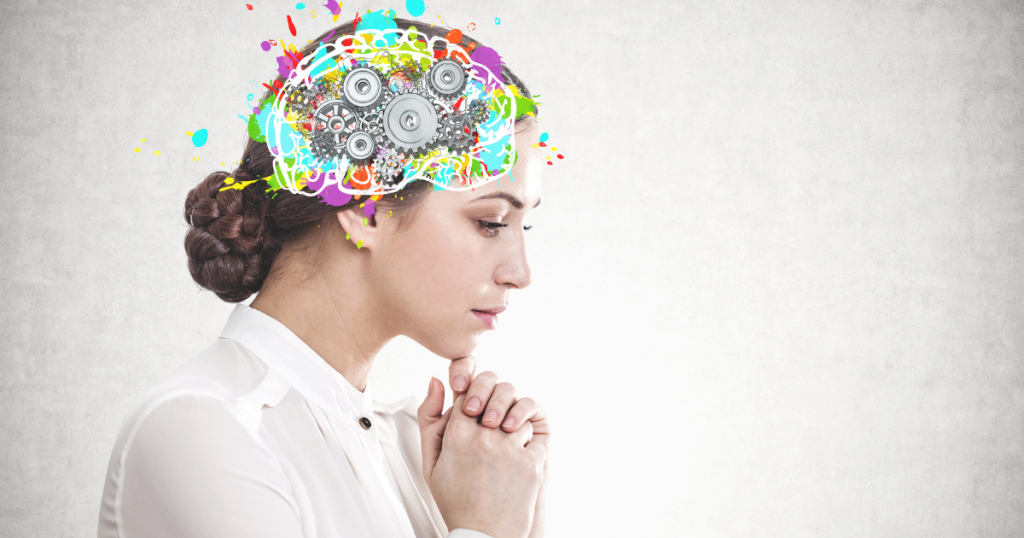There are songs that play their way into our memory with such determination that one or two opening notes are enough to introduce them. Two syllabic, droning notes (dun dun…dun dun) can make us turn our heads to scan for shark fins. And the opening chord of a favorite song can generate a swell of cheers from fans at a concert. But for certain people, the recognition of music is more than a sensory experience. Highly Sensitive People and music have a relationship that goes soul deep.

Ask a Highly Sensitive Person (HSP) who grew up in the 70’s and 80’s to recall hit songs that evoke the most emotion. Songs like Seasons in the Sun, All by Myself, and Wreck of the Edmund Fitzgerald will probably make the list. And for good reason.
And chances are the HSP will immediately feel the emotions originally attached to those songs just by recalling their titles.
Music does, of course, have a profound effect on all of us – Highly Sensitive or not. It energizes, relaxes, sets the stage, and sets the mood.
It aids in worship, rallies and excites during competitions, and connects us to specific memories and their attached sensory experiences.

Music can also be used as a complementary therapy to manage a variety of developmental, behavioral, and health conditions.
If you’re starting to pick up on a “brain theme” here, your perception is spot on. Everything about music – its organization, its recognition, its emotional impact – is narrated by the biology and physiology of the brain.
You may be hard-pressed to find someone who doesn’t have a personal playlist of favorite music/. Or who isn’t profoundly affected by music. But Highly Sensitive People and music take the brain connection to another level.
Keep in mind that reference to high sensitivity isn’t a distinction between saints and serial killers. It’s a neurological reference to the way 15-20% of the population process and respond to their environment.
They process information deeply (and continuously). They’re easily overstimulated and overwhelmed. They are highly empathetic; and they are highly sensitive to sensory stimulation.
Their brains are like Motel 6: they always have the light on.
Specifically, those areas of the brain that have to do with awareness, emotion, and empathy are more active in Highly Sensitive People. They “light up” on brain scans, as does the mirror neuron system, which enables HSPs to not only understand others’ feelings, but feel them.

In other words, those areas of the brain that relate to social and emotional processing are more active in Highly Sensitive People.
So what does this have to do with the relationship between HSPs and music? And how, specifically, can listening to music and lyrics benefit HSPs?
Creativity and high sensitivity go hand-in-hand. People with high sensitivity have a high affinity for the arts, both visual and performing. And creatives of all kinds are often highly sensitive.
For the HSP observing a performance or work of art, the experience is far more than a source of intellectual stimulation or simple appreciation. It’s a portal into the emotional experience of another person.

It is the difference between loving the Post-Impressionist swirls of the sky in Vincent Van Gogh’s Starry Night…and feeling, at a soul level, the artist’s tortured existence.
It’s the welling up of tears every time Don McLean’s tribute song Vincent comes out of nowhere on the radio, seizing your soul and coursing it through the anguish behind every brush stroke.
It’s the difference between loving the surprise of a familiar hit when it plays…and sitting with its emotional impact for days.
Someone with “normal” sensitivity would be touched by a song written about a famous artist who took his own life.
An HSP would never be able to look at a Van Gogh painting or hear McLean’s song without becoming tethered to the artist’s soul.
High sensitivity, especially as it relates to Highly Sensitive People and music or other creative expressions, ignites inevitable communion with others.
And, while that communion isn’t predicated on pathos, the innate proclivity for empathy in the HSP often resonates most profoundly in that frequency.
It’s the ability to understand what so few others understand…and the willingness to allow it to take up residence in one’s heart and mind.
Sound like a lot of “work” for the simple joy of listening to music? Then you’re catching on to the distinction between the sensitivity of the majority and that of the few. Or, more specifically, “low-empathy” and “high-empathy” people.
(Again, we’re talking neurology here, not saints vs. serial killers.)
The brains of both show roughly equal involvement of those areas relating to auditory, emotion, and sensory-motor processing.

But the brains of highly empathic people show greater activity in those areas that control social functioning…such as empathy for others.
Highly Sensitive People also show greater pleasure in listening to music, as evidenced by increased activation in the brain’s reward system.
HSPs who recognize and understand their trait instinctively embrace their need for alone time. Sometimes a blessing, sometimes a curse, but always a necessity for self-care.
While introversion isn’t a defining criterion for high sensitivity, it is far more common than not in the trait. And that can leave the HSP alone and without social connection, regardless of comfort with one’s own company and the need for interval isolation.
What the above brain studies suggest is that music may actually provide the “equivalent” of a social experience because of the empathy it evokes.
And, while the “not-highly-sensitive” friends in the HSP’s circle may not grasp the concept, the HSP’s brain does.
Especially for the introvert HSP who‘s overwhelmed by the mere thought of a sell-out stadium event, listening to music can satisfy the need for social connection.

Add in the perks of an activated reward system (think “dopamine cocktail”), and suddenly music becomes a healing benefactor.
All of this brings us full circle to the tendency of HSPs to be easily overstimulated.
Overstimulation and anxiety feel the same to the body. So much to process. So many outside expectations. Too much “threat” from an unsympathetic world. So many fight-or-flight hormones raging through your veins.
It all just gets to be too much.
And, if the anxiety isn’t managed, depression can set in and create its own downward spiral.
What a remarkable – miraculous, even – gift music can be for soothing the spirit of those with high sensitivity! Its ability to calm the nervous system and trigger a reward response is a powerful tool for managing the challenges of high sensitivity.
And, as you dim the lights and play Vincent for the fifth or tenth time, remember, as you bravely commune with those deep emotions…

…this world was never meant for one as beautiful as you.
Dr. Elayne Daniels is an international coach and private-practice psychologist located in Boston. Areas of specialization include eating disorder recovery, body image, and helping Highly Sensitive People thrive.
To read more about High Sensitivity, check out some blogs here.


